Coca-Cola has announced plans to invest $1 billion into its Nigeria operations over the next five years, a strategic move aimed at expanding its presence in Africa’s largest economy. This news was revealed after a high-level meeting between President Bola Tinubu and Coca-Cola’s senior executives on Thursday, as part of Tinubu’s ongoing efforts to attract foreign investment and stimulate economic growth.
John Murphy, the President and Chief Financial Officer of Coca-Cola, and Zoran Bogdanovic, CEO of Coca-Cola HBC, a key bottler for Coca-Cola, met with President Tinubu and other senior officials to discuss the company’s long-term strategy for Nigeria. During the meeting, Bogdanovic highlighted that Coca-Cola has invested $1.5 billion in Nigeria since 2013, focusing on expanding production capacity, enhancing its supply chain, and providing training and development opportunities.
“I am very pleased to announce that, with a predictable and enabling environment in place, we plan to invest an additional $1 billion over the next five years,” Bogdanovic said during the discussions.
This significant investment pledge comes at a time when several multinational companies, including Procter & Gamble, GSK Plc, and Bayer AG, have either exited Nigeria or significantly scaled back their operations due to persistent foreign exchange (forex) shortages and an unpredictable regulatory environment. These challenges have led to disruptions in the ability of multinational firms to repatriate profits, affecting investor confidence in the market.
President Tinubu, who has been in office since May 2024, assured Coca-Cola and other potential investors of his government’s commitment to creating a business-friendly environment. “We are building a financial system where you can invest, re-invest, and repatriate all your dividends. I have a firm belief in that,” Tinubu said, emphasizing his administration’s intent to stabilize Nigeria’s financial ecosystem to encourage long-term investment.
Nigeria, home to more than 200 million people, remains an attractive market for global brands seeking to tap into Africa’s growing consumer base. However, the country’s economic challenges—such as forex scarcity, bureaucratic red tape, and inconsistent government policies—have deterred some investors from fully committing to the Nigerian market.
Despite these issues, Coca-Cola HBC has shown resilience in its operations across Africa, including in Nigeria. In April, the company reported expectations of increased operating profits, citing robust demand for its coffee, energy drinks, and sparkling beverages. The company also acknowledged that it had to increase prices to offset the effects of rising production costs and currency devaluation in markets like Egypt and Nigeria.
Coca-Cola’s renewed investment in Nigeria reflects its long-term confidence in the market and highlights the importance of policy reforms in retaining global investors. As President Tinubu’s government works to address the economic headwinds, particularly around forex availability and policy stability, investments like Coca-Cola’s will play a crucial role in reviving the country’s economy and providing much-needed employment opportunities.
The $1 billion investment by Coca-Cola is expected to contribute significantly to Nigeria’s manufacturing sector, boost local production, and reinforce supply chain capabilities, providing a much-needed injection of capital into one of Africa’s largest but most economically challenged markets.


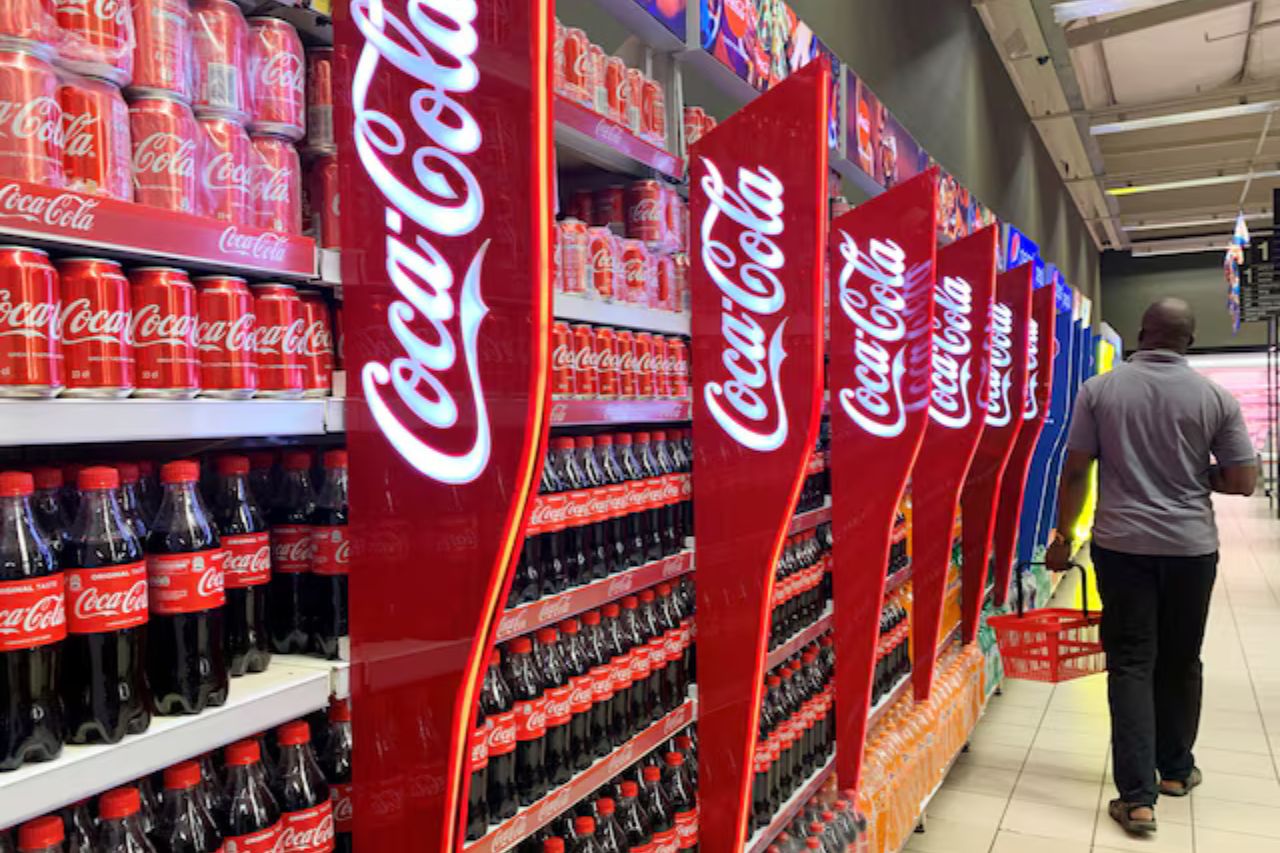

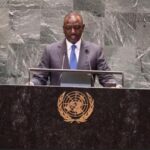
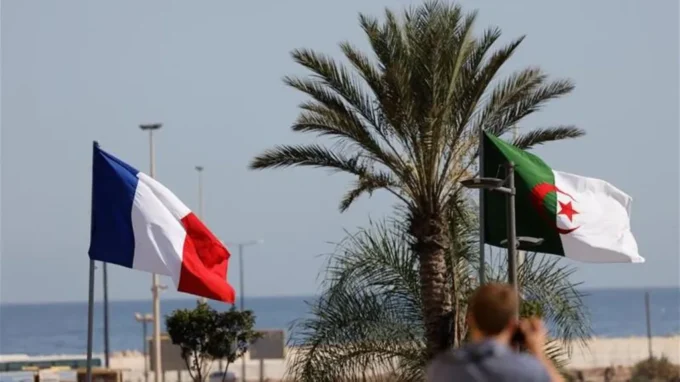

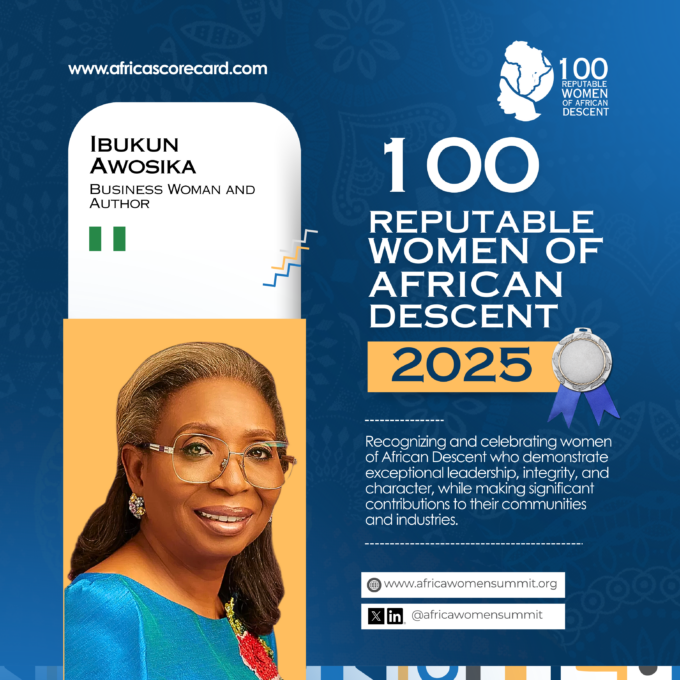
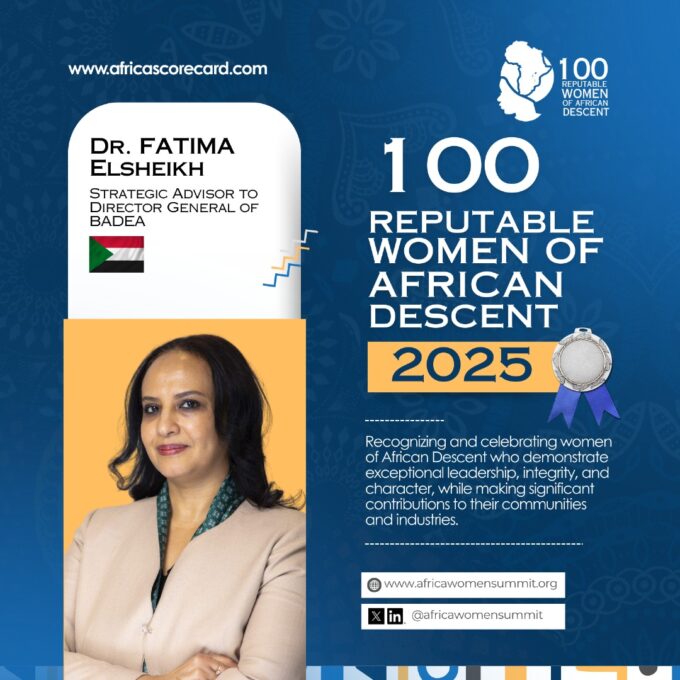

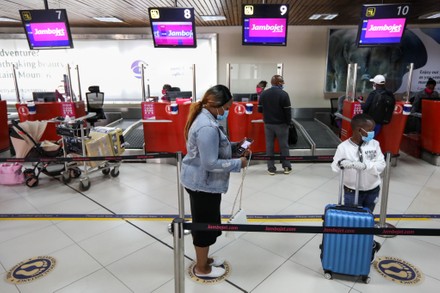



Leave a comment